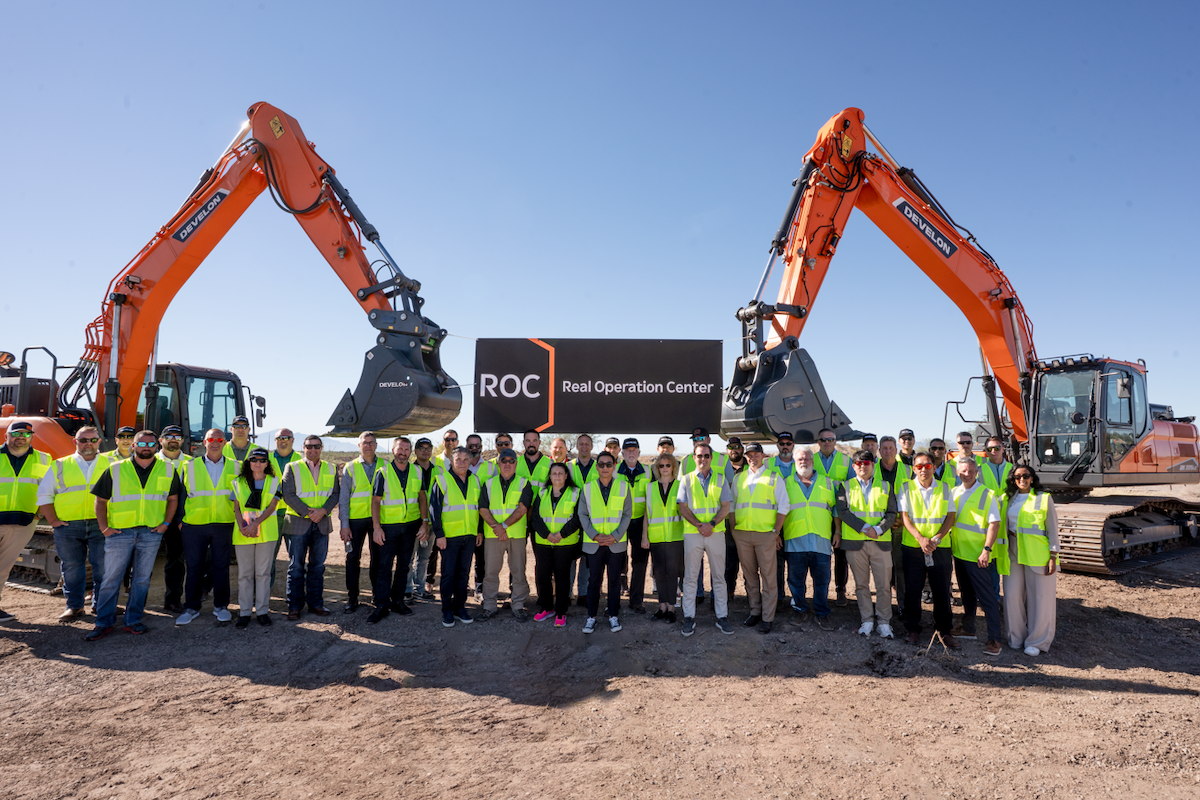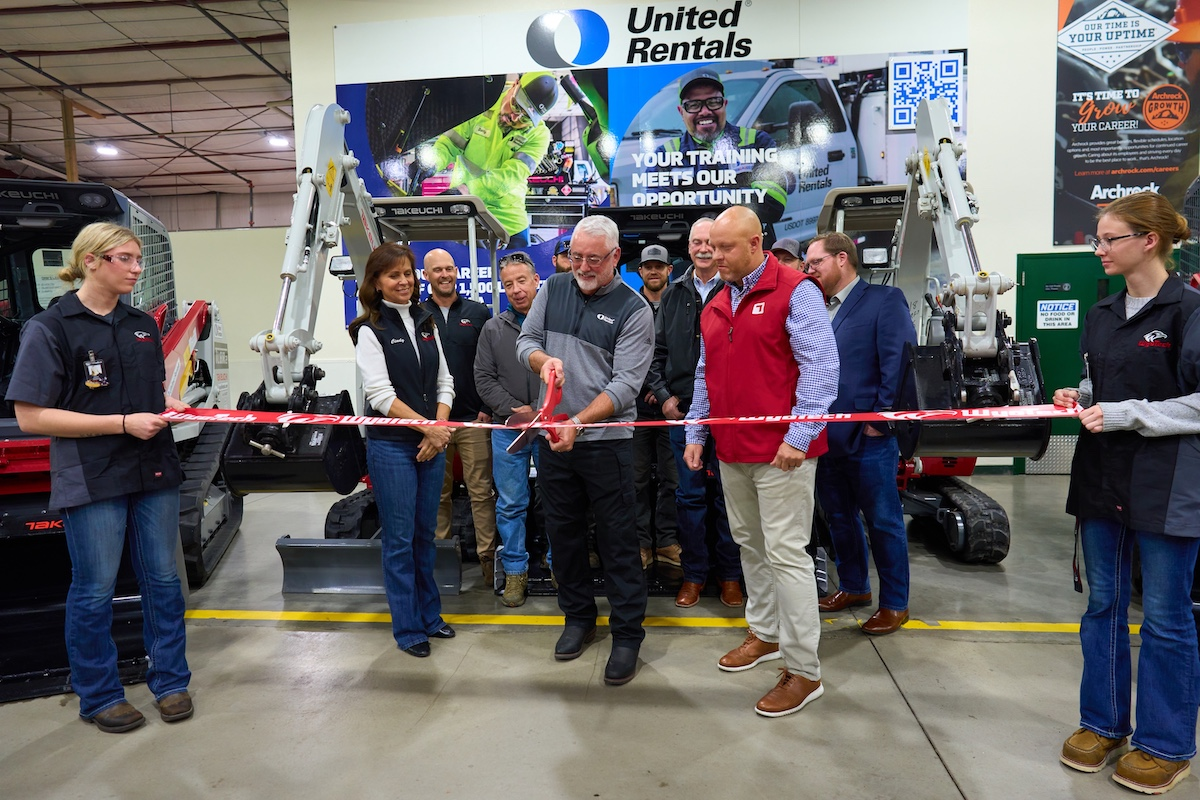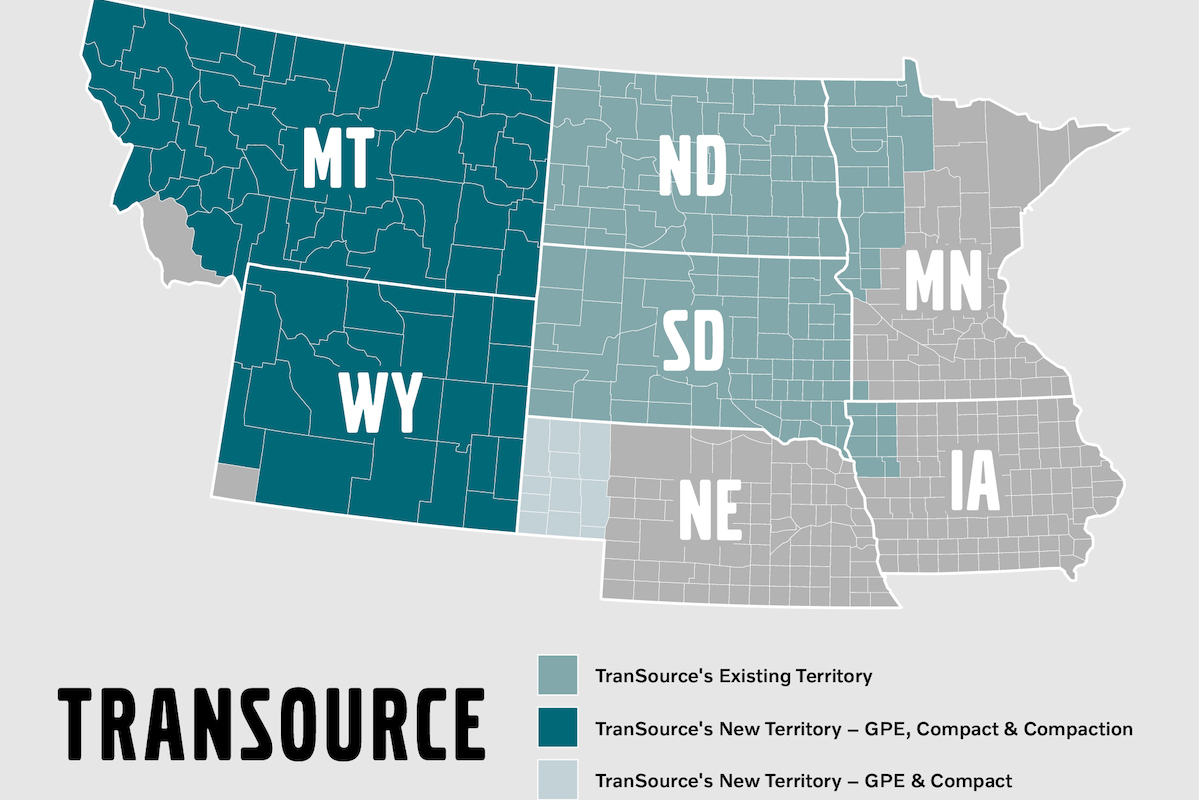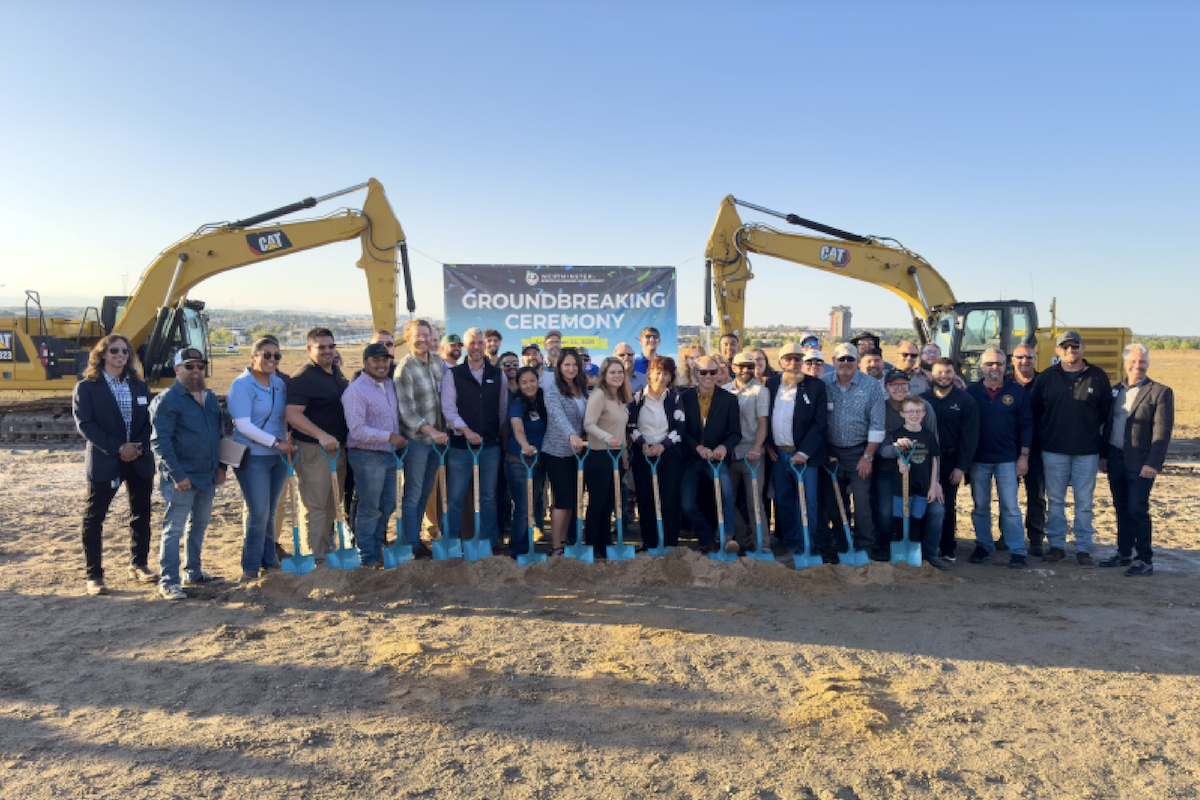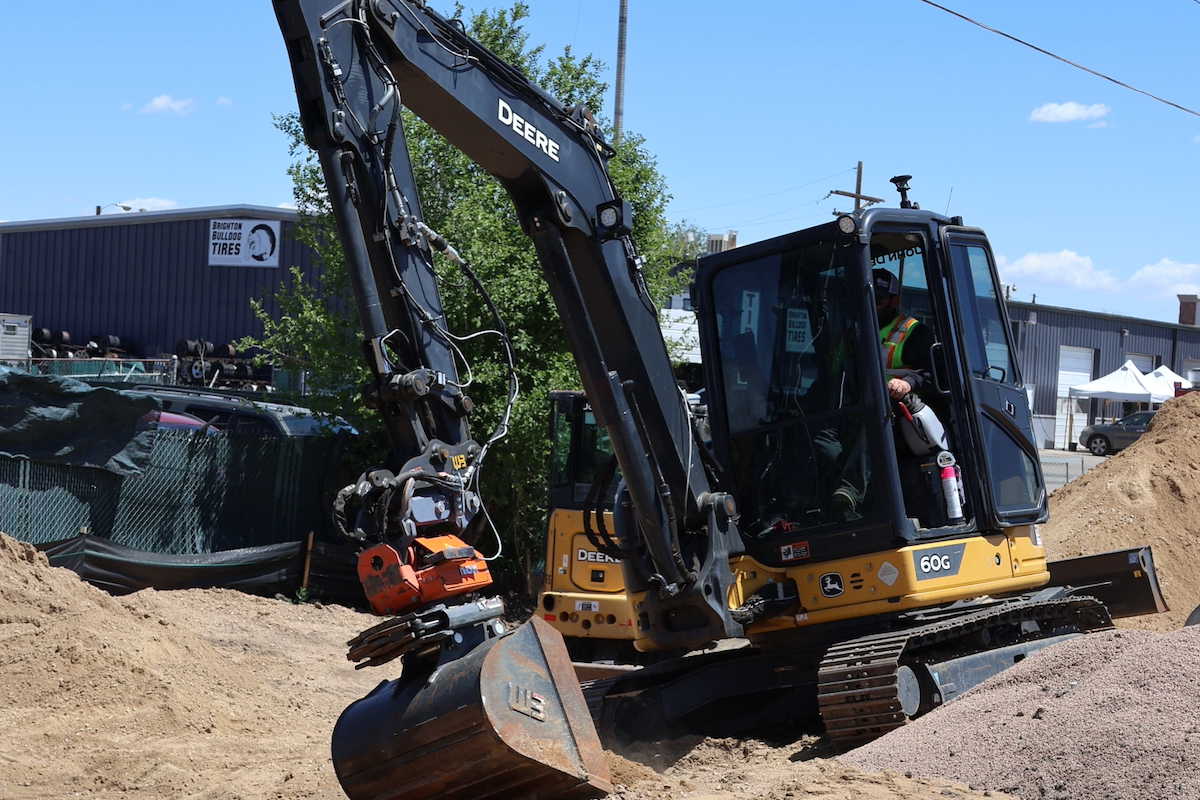The construction industry is at a pivotal moment. With a growing need for skilled labor, especially in high-growth regions, large general contractors are stepping up to support smaller construction firms. By engaging and mentoring smaller trade contractors, general contractors not only fill the immediate needs of projects but also strengthen the industry for the future. This collaboration builds a cycle of growth, where today’s smaller contractors evolve into tomorrow’s industry leaders.
Bringing in smaller contractors, particularly on large-scale projects like airports, hospitals, labs, water treatment plants, data centers, and more, enhances the construction industry by developing the workforce while also boosting local economies. These partnerships provide smaller contractors with valuable experience in working with different owners, understanding the nuances of various project types, and meeting complex compliance requirements.
Through outreach programs, workshops, pre-bid conferences, and one-on-one engagement, large general contractors foster relationships with potential trade partners. By carving out scopes that align with the capabilities of smaller contractors, growth opportunities that represent a win-win for the general contractor and its subcontractors are created.
To successfully engage with larger general contractors and secure more opportunities, smaller trade contractors should focus on several key areas:

| Your local Bobcat dealer |
|---|
| Ditch Witch West |
| Faris Machinery |
Prequalification is often the first step in securing work with a large general contractor. While the process can seem daunting, it’s a critical step to demonstrate your firm’s capabilities and financial stability.
Key Tips:
- Gather required documentation: Be prepared with licenses, insurance information, safety records, and financial statements.
- Highlight past successes: Showcase your experience on projects with similar needs, emphasizing quality work, timeliness, and safety performance.
- Be honest and transparent: Accurately represent your firm’s capacity and capabilities to ensure you’re matched with the right projects.
- Go to industry events: Attend prequalification workshops or seminars offered by general contractors to gain insights into the process and learn how to improve your application.
- Come prepared: Review project documents and be ready with questions that show you understand the scope and potential challenges.
- Network and connect: Introduce yourself to key decision-makers and follow up after the conference to reinforce your interest.
- Seek clarification: Don’t hesitate to ask questions about the project scope or specific requirements. This demonstrates your attention to detail.
- Understand critical path elements: Identify key milestones and how delays in one area can impact the entire project.
- Communicate early and often: Stay in constant communication with the general contractor to anticipate and address scheduling conflicts.
- Be flexible and adaptable: Flexibility in adjusting your schedule to meet evolving project needs can make your firm a reliable partner.
- Develop a robust safety program: Establish clear safety protocols and ensure all team members are trained.
- Participate in safety audits: Regularly assess and update your safety practices to align with industry standards.
- Emphasize safety culture: Foster a culture where safety is a shared responsibility among all team members.
- Follow instructions closely: Carefully review the request for proposal and ensure compliance with all requirements.
- Be competitive, not just low: While price is important, demonstrating value through quality, experience, and efficiency is equally critical.
- Highlight unique capabilities: Showcase any specialized skills or services that differentiate your firm from competitors.
- Invest in training: Attend workshops or online courses to become proficient in the software used by larger contractors.
- Adopt digital solutions: Implement project management tools within your firm to streamline communication and improve efficiency.
- Stay current: Keep up with advancements in construction technology to remain competitive.
- Document changes thoroughly: Keep detailed records of any changes to scope, timelines, or costs.
- Communicate impact clearly: Be upfront about how changes will affect the project and provide solutions to mitigate delays.
- Negotiate fairly: Approach change orders with a collaborative mindset to achieve mutually beneficial outcomes.
- Complete punch lists promptly: Address any outstanding items quickly and thoroughly.
- Provide comprehensive documentation: Submit as-built drawings, warranties, and operation manuals in an organized manner.
- Solicit feedback: Ask for feedback from the general contractor to identify areas for improvement and strengthen future partnerships.
Pre-bid conferences provide an opportunity to engage directly with general contractors and better understand project requirements. These conferences are not just about gathering project details — they’re a chance to build relationships and position your firm for future opportunities.
Key Tips:

| Your local Volvo Construction Equipment dealer |
|---|
| Faris Machinery |
Effective scheduling is essential for delivering projects on time and within budget. Smaller contractors must develop a strong understanding of project timelines and how their scope fits within the broader schedule.
Key Tips:
Safety is a non-negotiable priority on every construction site. Demonstrating a strong safety record and commitment to best practices helps build trust and credibility with general contractors.
Key Tips:

| Your local Gomaco dealer |
|---|
| Faris Machinery |
Submitting a well-prepared bid is critical to securing work with larger contractors. Understanding the application process and providing a clear, detailed bid can set your firm apart.
Key Tips:
Many general contractors use project management software like ProCore to manage workflows, track progress, and ensure seamless communication. Understanding how to use these platforms effectively can give smaller contractors a competitive edge.
Key Tips:

| Your local Trimble Construction Division dealer |
|---|
| SITECH Southwest |
| SITECH Northwest |
| SITECH Rocky Mountain |
Change orders are an inevitable part of construction projects. Handling them efficiently can minimize disruptions and maintain positive relationships with general contractors.
Key Tips:
Project closeout is just as important as the initial bid. A smooth closeout process demonstrates professionalism and sets the stage for future opportunities.
Key Tips:

| Your local Bobcat dealer |
|---|
| Ditch Witch West |
| Faris Machinery |
The construction industry thrives when knowledge is shared, skills are developed, and resources are allocated effectively. By guiding smaller contractors through complex processes and providing the necessary tools for success, larger general contractors are helping create a more resilient and capable industry.
For smaller trade contractors, the message is clear: the opportunity for collaboration exists and your participation can lead to long-term growth and success. By taking advantage of available resources and focusing on continuous improvement, smaller contractors can secure a seat at the table and help build the future of our communities.
By fostering strong partnerships between larger and smaller firms, we ensure that the construction industry remains vibrant, resilient, and prepared to meet the challenges of tomorrow.
Thomas Assante is a Senior Project Director at McCarthy Building Companies based in the Southwest Region.
















